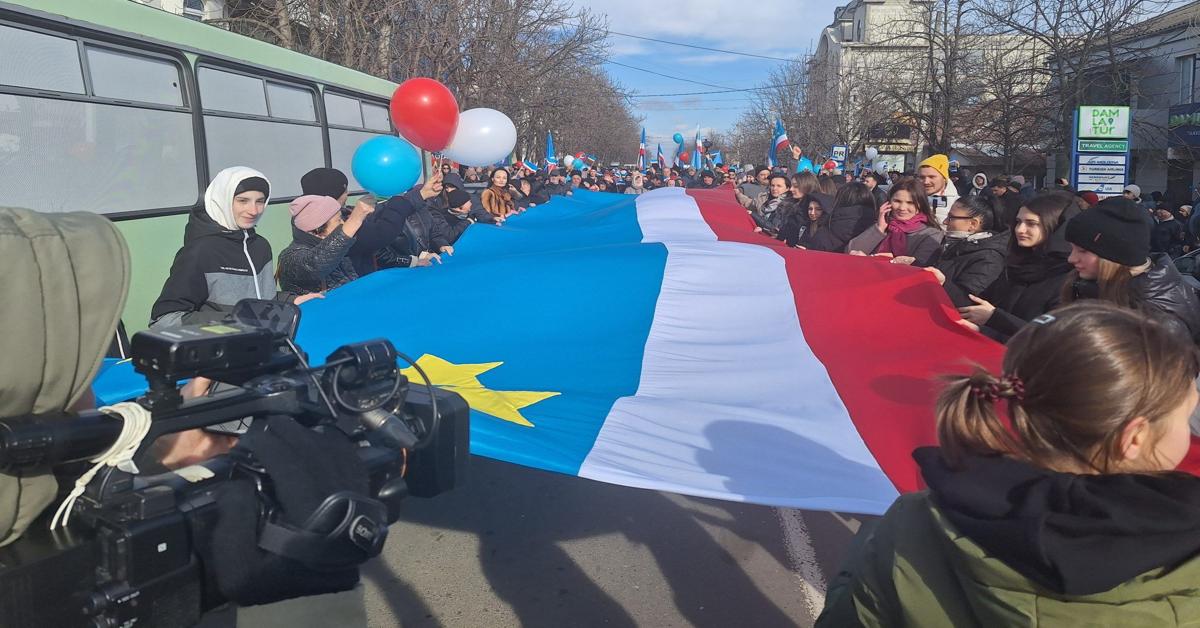
Nine media NGOs in Moldova are challenging draft legislation in the autonomous region of Gagauzia.
The proposed law requires online media in the area to obtain authorization to operate, raising concerns about press freedom.
The legislation, driven by regional authorities and alleged influence from oligarch Ilan Shor, targets independent media outlets like Nokta. md.
This website is known for criticizing local authorities and uncovering corruption.
President of the Independent Press Association (API) Petru Macovei accused Shor of attempting to control local media through this move.
He mentioned that the law aims to reduce the impact of critical online media and alter broadcast language quotas in favor of Russian.
Mihail Sirkeli, founder of Nokta.md, expressed concerns that the new rules would hinder journalists critical of the local authorities.
He stressed that this would also affect the Gagauz people's access to quality information.
The draft law also plans to modify the operating regulations for the public broadcaster Gagauziya Radio Televizionu (GRT) and create an authorization system for private online media.
Currently, Gagauzia's TV broadcasts 75% in the Gagauz language.
The proposed change aims for a 50-50 split between Gagauz and Russian languages ahead of Moldova’s presidential elections and a referendum on European integration.
Gagauzia, home to about 150,000 Orthodox Christian ethnic Turks, often clashes with Moldova's pro-European central government.
The region's pro-Russian stance is attributed to the dominant use of the Russian language and less familiarity with the Gagauz language among the youth.
The draft law has thus sparked debate over its impact on the region's press freedom and cultural identity.
Source: Newsroom